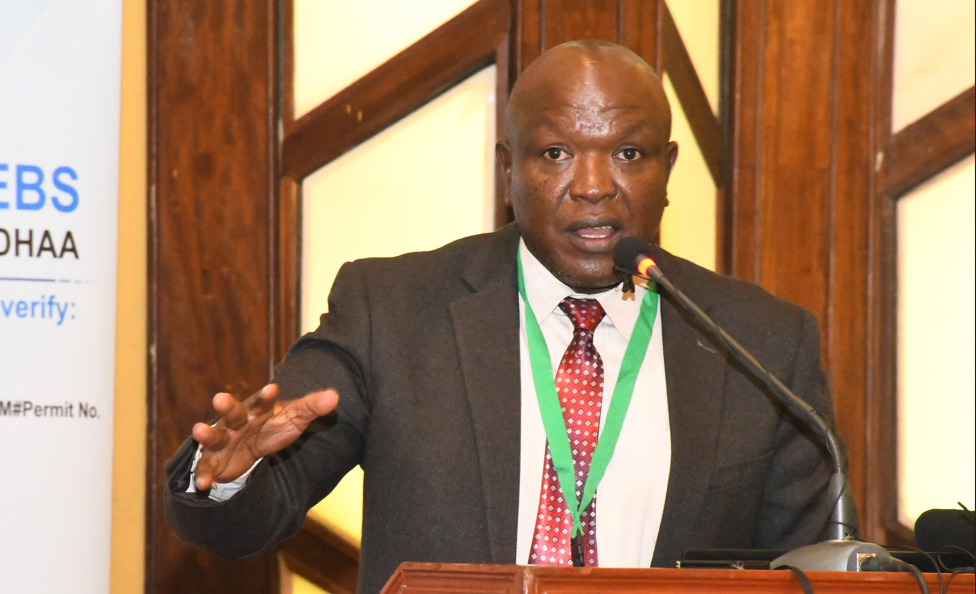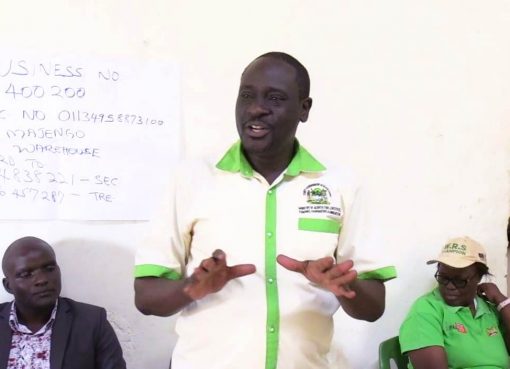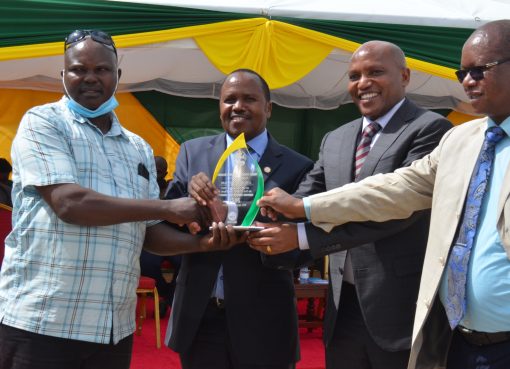Despite climate change challenges affecting the horticulture sector, Kenya was able to hit the Sh1.7 billion mark in export earnings to China in three months.
Currently, Kenya is depending on 15 farmer exporters who have been cleared hoping that the number will increase with time.
Director Horticulture Crops Directorate (HCD) under the Agriculture and Food Authority (AFA) in the Ministry of Agriculture Benjamin Tito said the export earnings were recorded between the months of August and October.
He said Kenya has been able to export such good quality produce with a very good reception in China.
Speaking in Nairobi at the close of a two-day Fruits and Vegetables Conference and Exhibition Thursday, Tito said Kenya is now targeting South Africa, Egypt and also looking at ways to serve the whole East Africa Community.
The Conference was organized by Market Access Upgrade Programme (MARKUP) Kenya, a project funded by the European Union and implemented by the United Nations Industrial Development Organization (UNIDO), in partnership with the Government and private sector.
Tito said Kenya has the capacity to do much better in terms of the measures that the market requires adding that the country has surpassed exports of many other African countries.
For example, Tito said in late August Kenya emerged as the number one exporter of Avocado to the Chinese market adding that Kenya needs to work hard to protect the good name.
He noted that the initial protocol signed in 2018 only allowed frozen avocados in the Chinese market but the revision of the protocol earlier this year allowed fresh avocados into the Chinese market, which has proved to be a game changer.
“Comparing data for exports to China in the month of August with the same period last year where we were able to export only 24,000 kilos of fresh fruit and this year, we have been able to export 1.3 million kilos, a value increase of more than Sh7 billion,” said Tito.
He noted that horticulture is based on production of crops using a lot of water, attributing the current drought for the decline in exports expected this year.
Tito said Kenya is looking for ways to extract groundwater that can be used in the production to grow the market supply not only to China but also South Africa, Egypt and the East Africa Community at large.
He said close to 90 per cent of the small-scale farmers are doing rainfall agriculture which is no longer sustainable because of the conflict between irrigation and other uses for the same resource.
Tito said since January to the end of October, Kenya has recorded 62 interceptions of fresh produce to the European Union market destinations of France, Netherlands and Germany, an increase from a total of 57 notifications last year.
He expressed reservations that the interceptions are likely to go way beyond in the next two months, something that calls for urgent action.
“The notification is on beans and peas exports and this is a worrying trend. But also we take cognition of the fact that we had one notification coming from maximum residue levels (MRLs) in avocado, the first of its kind and it has already been addressed,” he added.
Chief Executive Officer, Fresh Produce Consortium of Kenya Ojepat Okisegere said a committee composed of government officials and the private sector has been formed to address the interception issue.
“The committee is currently doing audits to ensure that we minimise any further interceptions for beans and peas. This has been the highest in Kenya but the one on avocado has already been dealt with,” said Okisegere.
He said the interceptions in beans and peas are associated with one molecule called acephate adding that they are working with the agrochemical industry to ensure that they remedy the matter.
MARKUP Kenya is part of the regional EAC-EU MARKUP programme, an EU funded programme which aims at addressing both supply side market access constraints supporting participation in regional and global value chains, with a particular focus on exports to the European Union.
The project was implemented in selected counties of Busia, Bungoma, Siaya, Trans Nzoia, Uasin Gishu, Taita Taveta, Nakuru, Makueni, Machakos, Kajiado and Embu.
By Catherine Muindi





